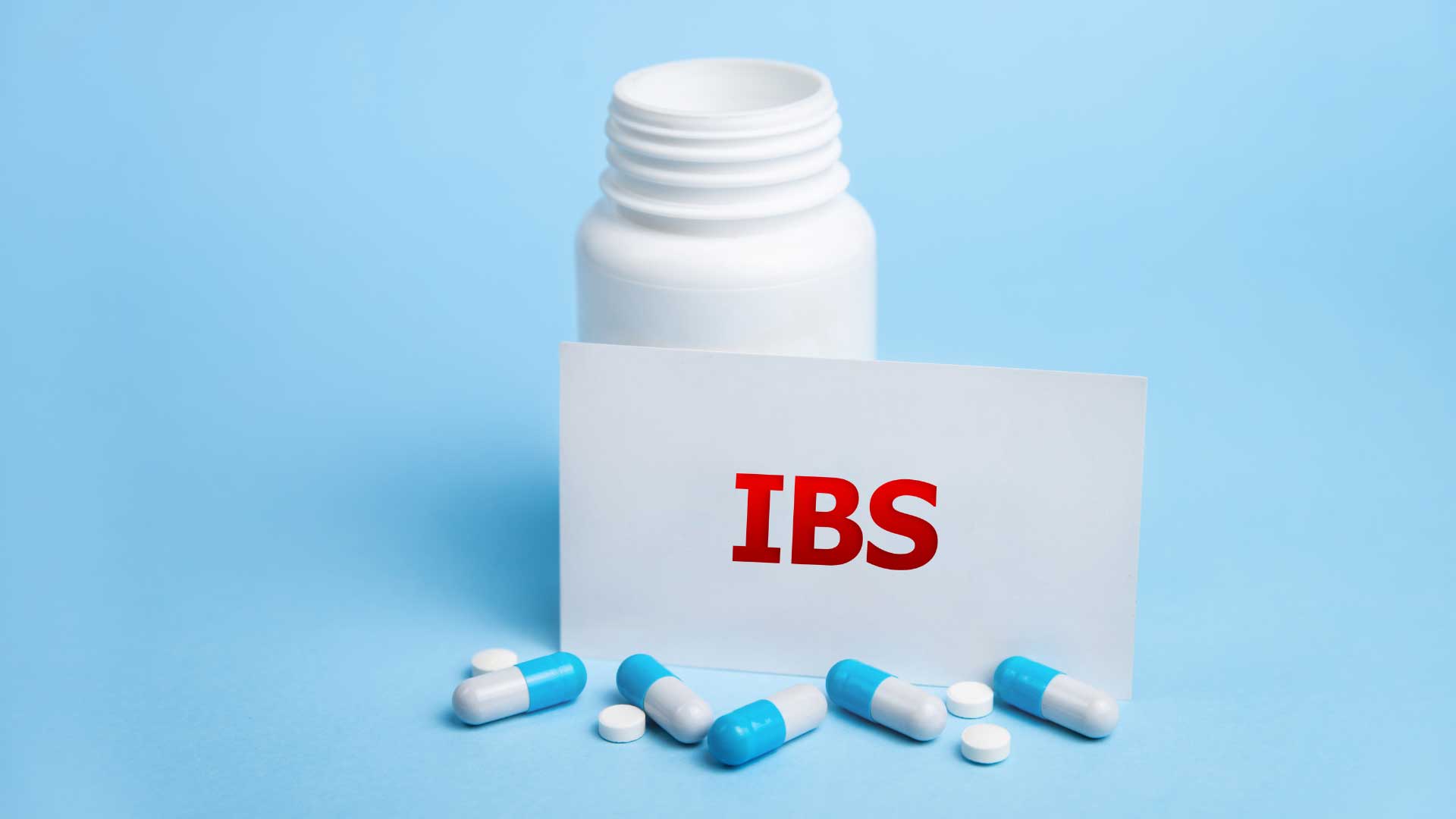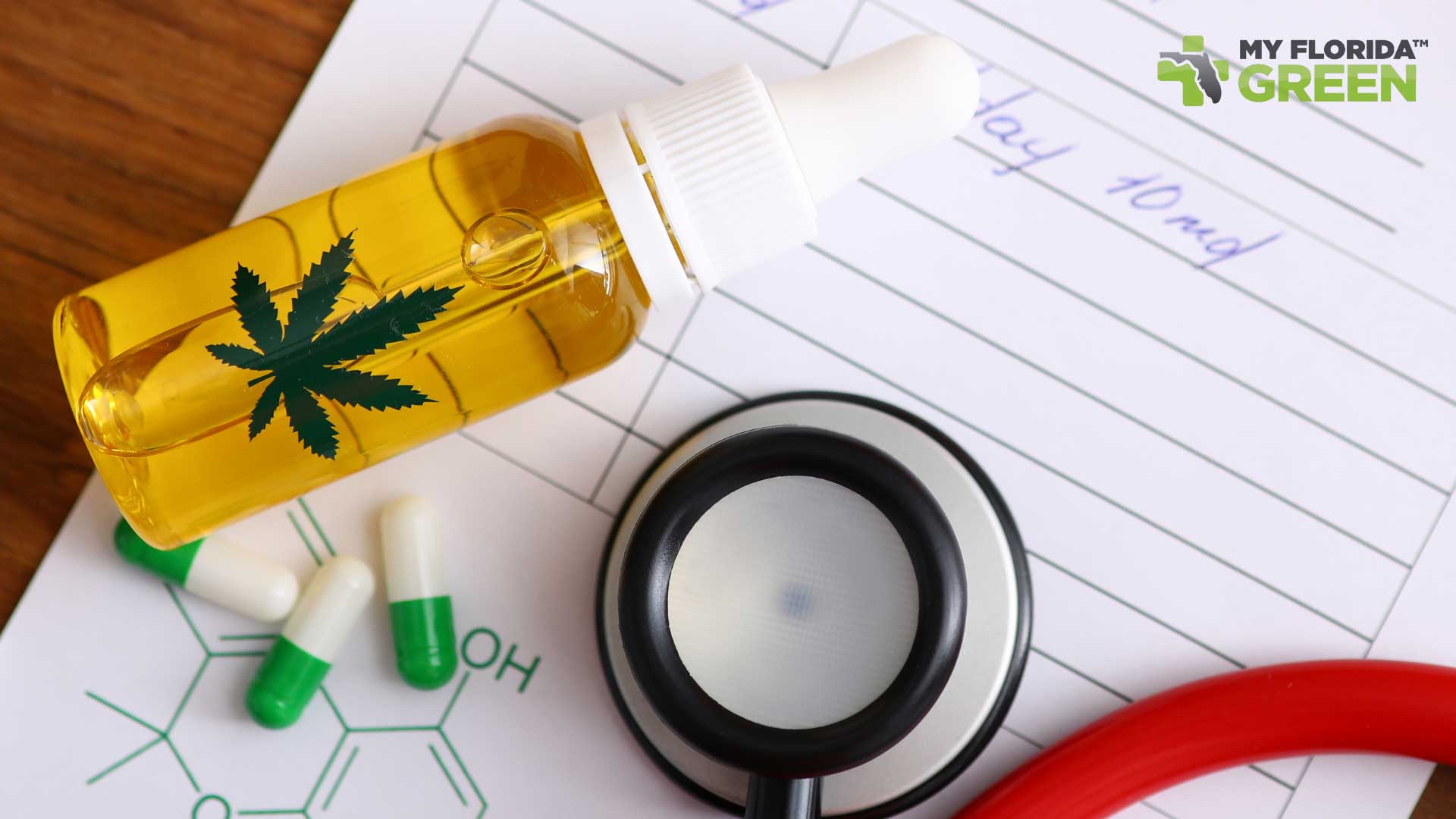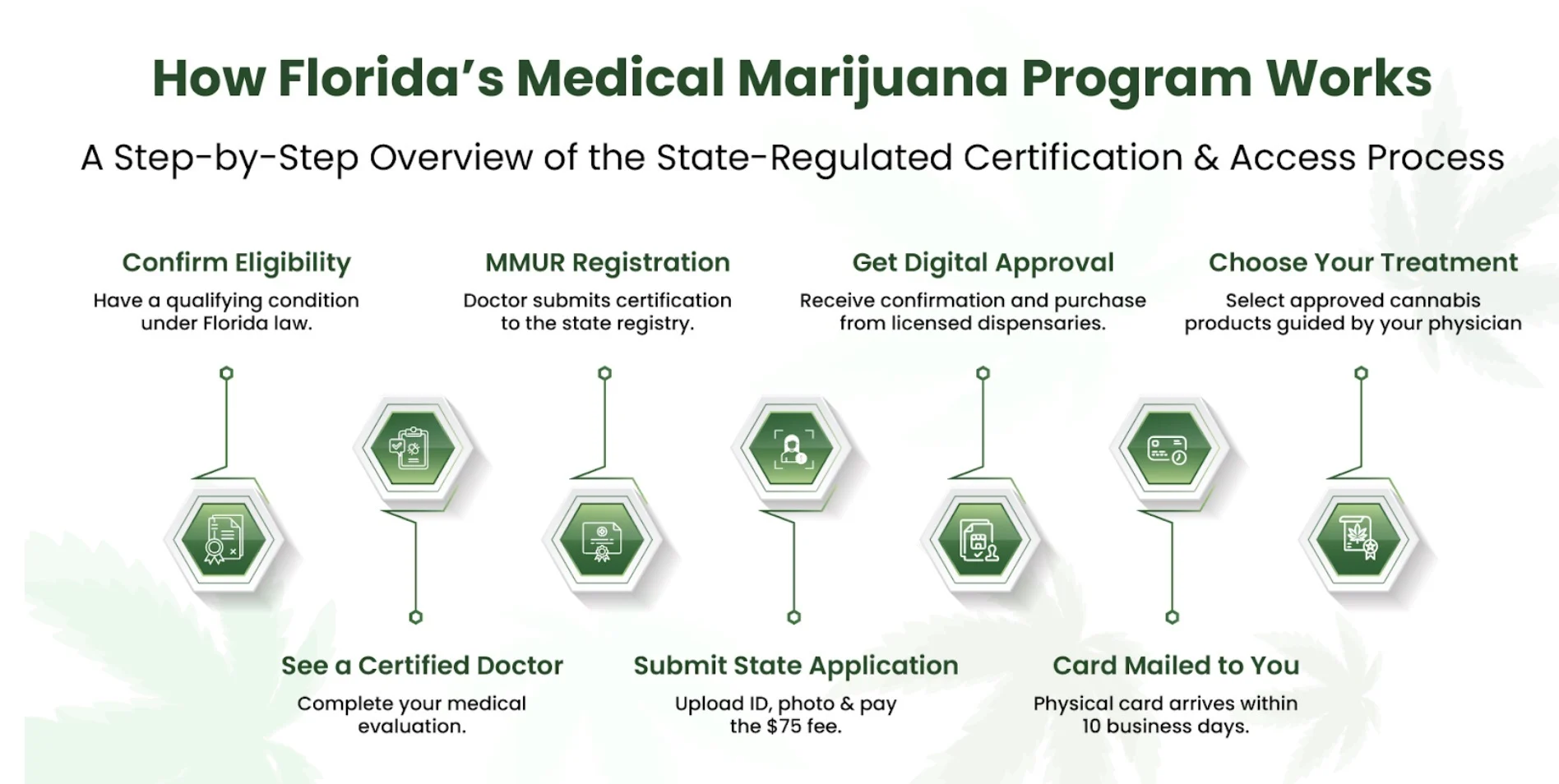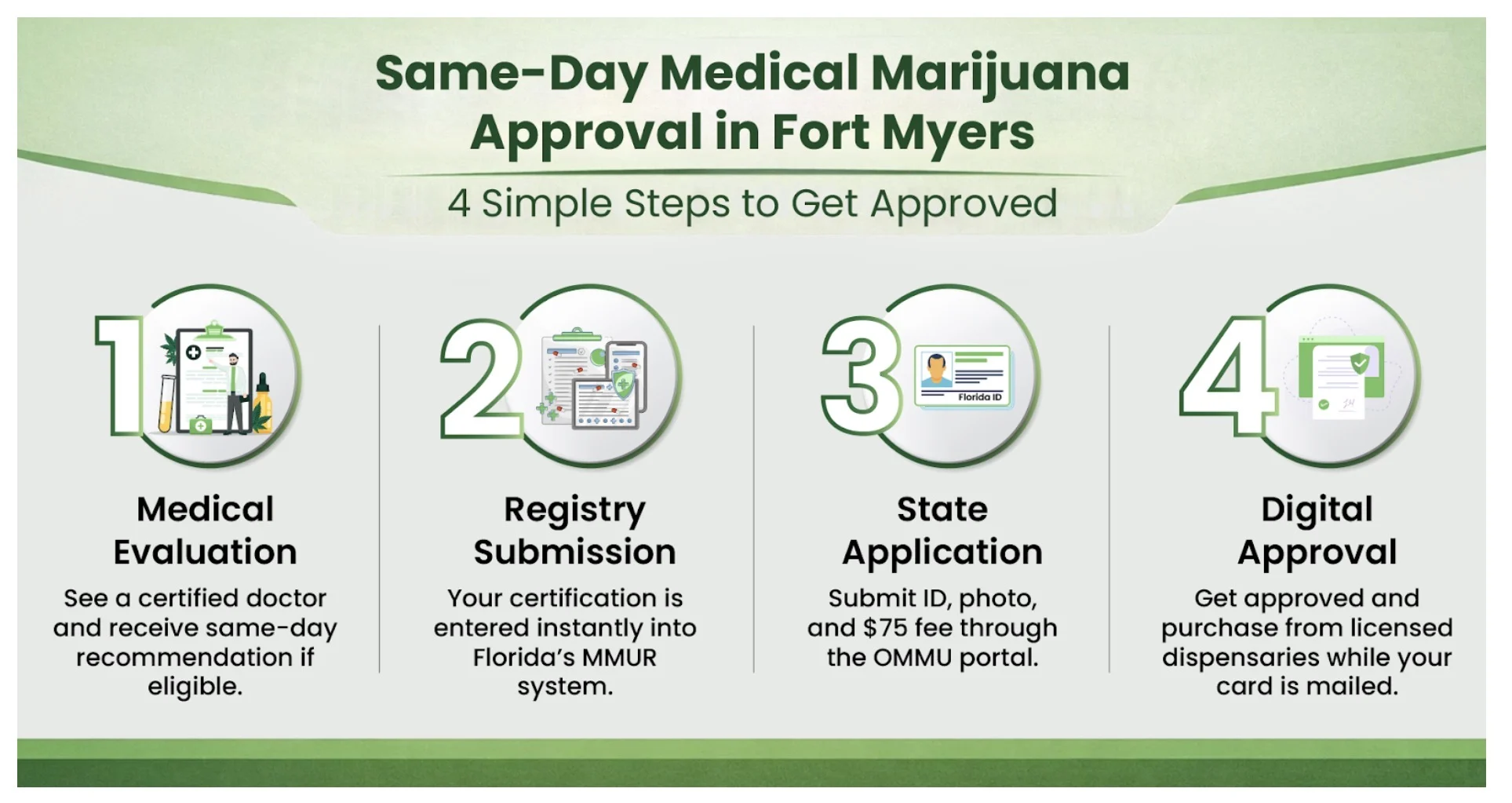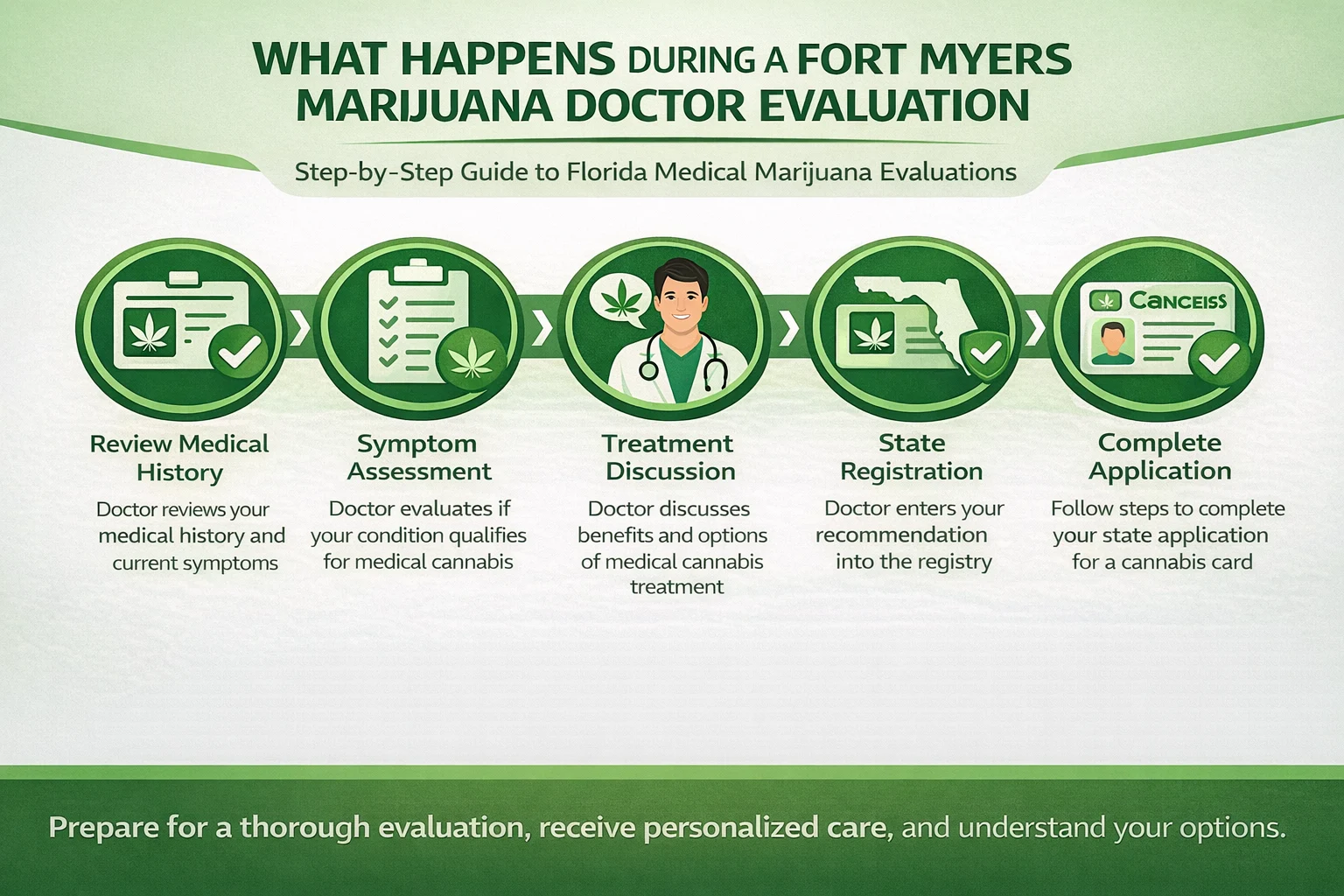Medical marijuana is a therapeutic drug with numerous beneficial traits for health. Its legalized status in Florida after Amendment 2 has enabled thousands of patients to utilize its medicinal effects. Today, the Office of Medical Marijuana Use regulates the use of marijuana in Florida, and patients with certain illnesses can benefit from this drug. IBS is among the qualifying illnesses for which MMJ can be used. However, you must get your valid medical marijuana card in Melbourne to ensure legal compliance with medical marijuana laws in the state.
This article will explain what irritable bowel syndrome is and how you can use MMJ to manage this illness while complying with Florida marijuana laws.
What is IBS?
Currently diagnosed using the Rome IV criteria, irritable bowel syndrome (IBS) is a prevalent illness marked by abnormal bowel motions and abdominal discomfort. It appears that twice as many women as men have IBS.
Before turning 40, the majority of IBS sufferers experience their first symptoms. Numerous IBS sufferers claim to have a family member who exhibits similar symptoms. Post-infectious IBS is the term for the less common scenario in which IBS symptoms arise following a severe intestinal illness.
Research shows that in the United States, between 10-15% of adults suffer from (IBS), thus it is a common illness. IBS is a severe intestinal illness that can cause moderate to severe pain in the stomach. Regretfully, IBS has no known remedy as of now, but evidence suggests that medical marijuana could provide relief from the pain and help to cope with some symptoms linked with IBS.
Types of Irritable Bowel Syndrome
IBS can be divided into four subtypes, all of which are equally common:
- Mostly IBS-D, or diarrhea and abdominal pain.
- Mostly IBS-C, or constipation and abdominal pain.
- Switching between constipation and loose stools with pain in the abdomen (IBS-mixed).
- IBS-U (undefined subtype); symptoms can vary.
Symptoms of IBS
Emotional strain, certain meals consumed, constipation, or diarrhea can all cause the pain. Additional indications of IBS involve:
- Stool mucus
- Sense that the evacuation is not complete
- Headaches caused by migraines
- Difficulties sleeping
- Depression or anxiousness
- fibromyalgia condition
- Persistent pelvic discomfort
Navigating Conventional Treatment
Doctors may prescribe medications, probiotics, dietary changes, and mental health therapy to manage irritable bowel syndrome. You should try a few ways to determine which treatment is most effective. Nevertheless, you must consult your physician to choose the best action.
Moreover, IBS symptoms can be brought on by a variety of factors, such as certain meals, medications, the presence of gas or feces, and mental stress. Thus, discussing your health issue with a doctor who can aid you in taking the proper medication and adjusting your lifestyle is necessary.
Tips for avoiding IBS symptoms
IBS treatment aims to ease the symptoms and improve the quality of life. Thus, you can do the following to avoid the challenging symptoms of IBS:
- Know the food triggers that make your symptoms worse
- consume meals that are high in fiber
- stay hydrated
- Get enough sleep
- Engage in regular exercise
As the symptoms of IBS can be challenging to manage, having the condition can be frustrating. Although the illness and its symptoms can be managed with some prescription drugs, the relief these medications provide is often insufficient and unsatisfactory. Thus, people with IBS are turning to alternative therapies, like marijuana, for natural relief and better life quality.
Let us take a look at how MMJ can help patients cope with IBS.
Medical Marijuana for IBS
The cannabis sativa plant, hemp, is cultivated primarily for its dried leaves, flowers, and, less frequently, seeds and stems. The primary psychoactive compound in marijuana is delta-9-tetrahydrocannabinol (THC), a cannabinoid that produces mind-altering effects.
THC and CBD, two significant cannabinoids in marijuana, can influence various functions controlled by the endocannabinoid system (ECS), such as mood, hunger, and sleep. Moreover, the cannabis plant naturally contains over a hundred different cannabinoids, which interact with receptors throughout the body to maintain balance.
THC interacts with CB-1 and CB-2 receptors in medical marijuana. Moreover, these receptor types are distributed throughout the body, including the gastrointestinal tract and central nervous system. It suggests that the combination of THC and CBD may help reduce IBS symptoms like pain, bloating, nausea, and cramping.
Cannabidiol (CBD) is another component of marijuana with potential therapeutic benefits. Moreover, based on a study, Marinol (dronabinol), a synthetic form of THC, has shown promise in managing irritable bowel syndrome (IBS-D) and alternating IBS by reducing gut transit and improving colonic function.
Marijuana may also help alleviate IBS symptoms by influencing opioid, cholinergic, and cannabinoid receptors. However, medical marijuana research about IBS is in its infancy, and more introspection is needed in this area.
Safety Considerations for MMJ Use
Medical marijuana use can lead to adverse effects if taken without the guidance of an MMJ expert. It can cause cognitive issues with detrimental effects on judgment, focus, memory, and balance, lung damage, elevated risk of heart attack, issues related to mental health, etc.
Thus, patients who are interested in using medical marijuana must contact a medical marijuana doctor who can offer guidance on MMJ. Moreover, you must get your medical marijuana card to buy MMJ products.
Method of getting an MMJ card
Medical marijuana card attainment is a necessary process towards legal compliance for marijuana. Thus, the card acquisition process involves the given steps:
- Eligibility check
- Consulting an MMJ doctor for health evaluation
- Receiving an MMJ doctor’s recommendation
- Applying for the card via the OMMU
- Waiting for card
- Buying MMJ products upon receiving the card
The Takeaway
Medical marijuana is a therapeutic drug with various health benefits for IBS symptoms. Its constituents can prove to be effective for IBS management. However, you must get your medical marijuana card for safe and compliant MMJ use. Consequently, if you reside in Florida, we at My Florida Green can assist you in getting your card and begin using medical marijuana for Irritable Bowel Syndrome.

